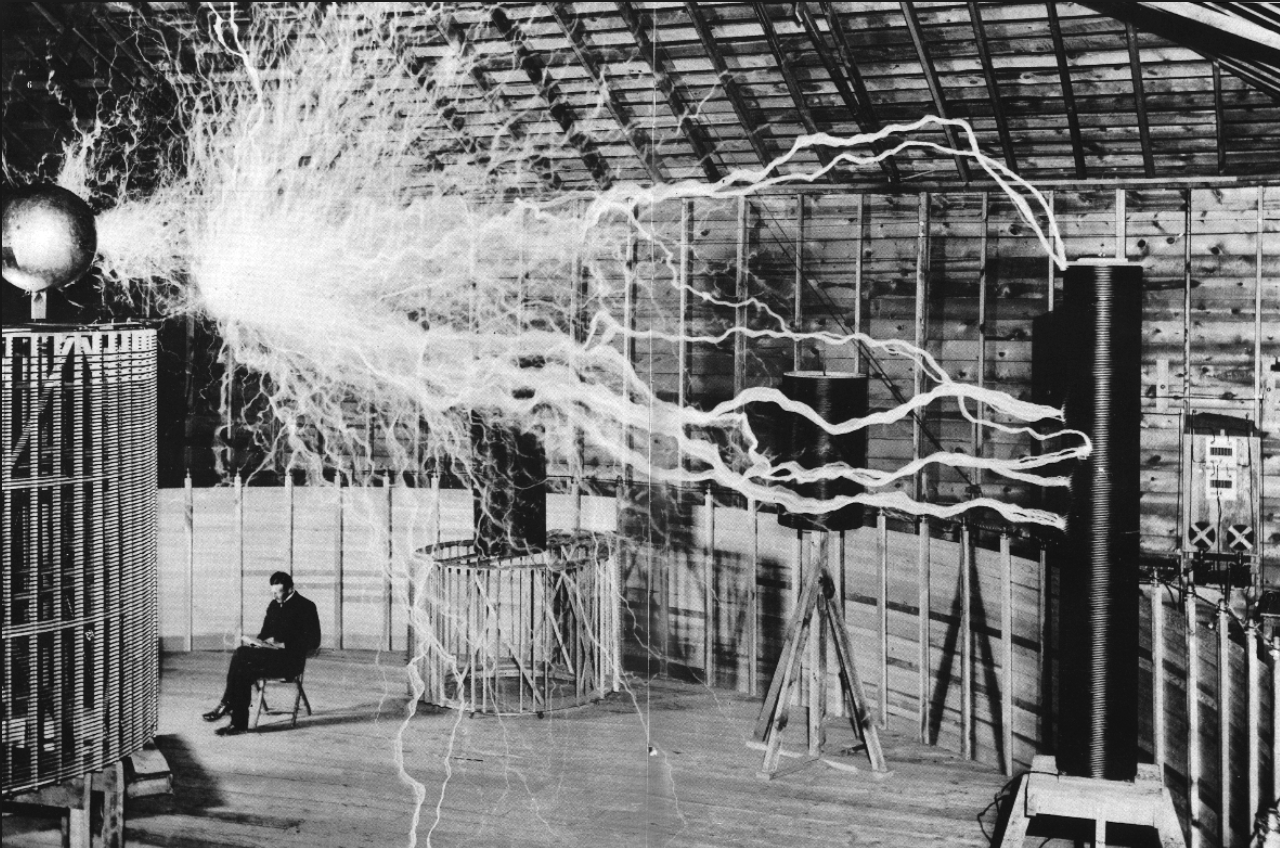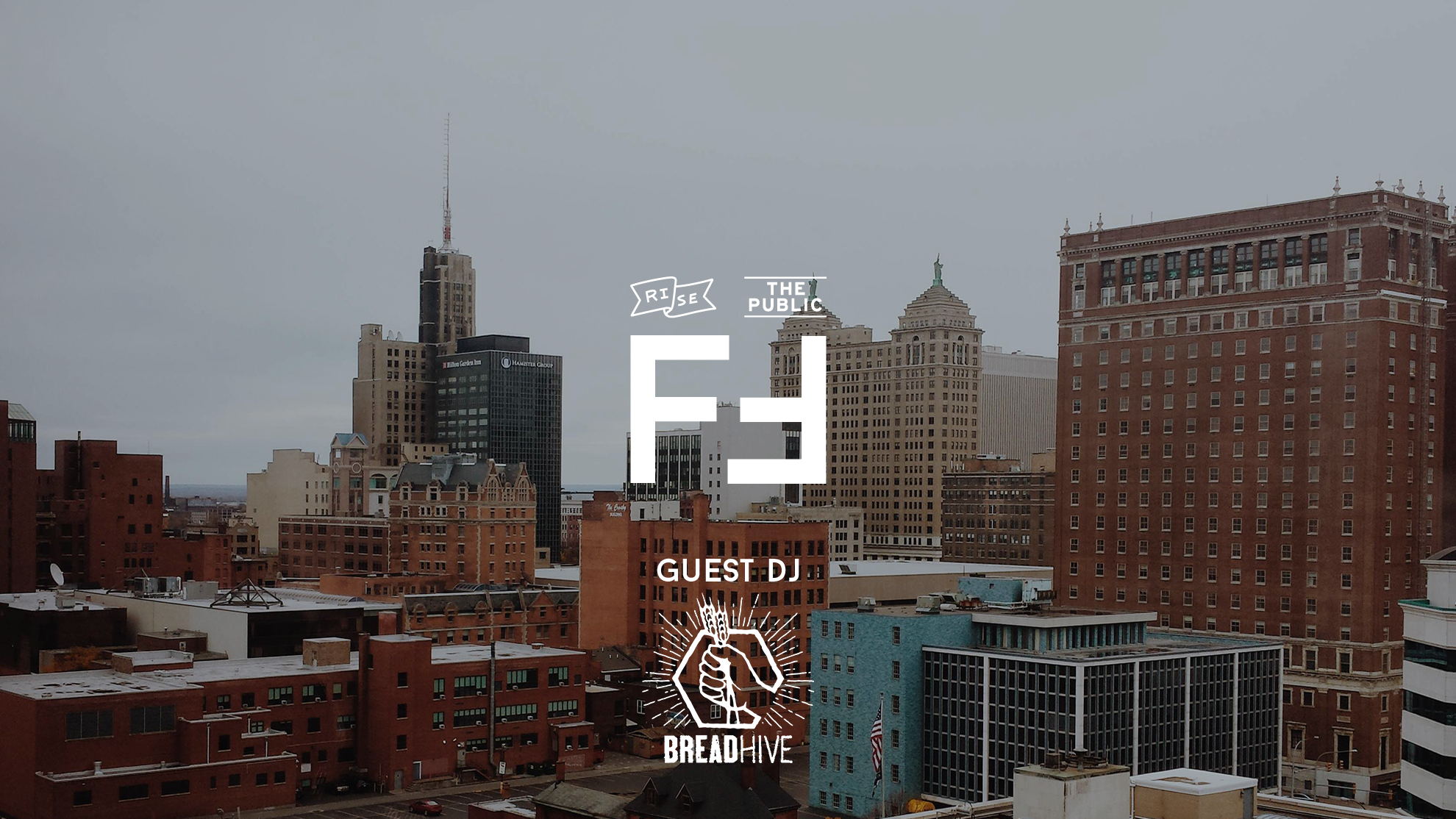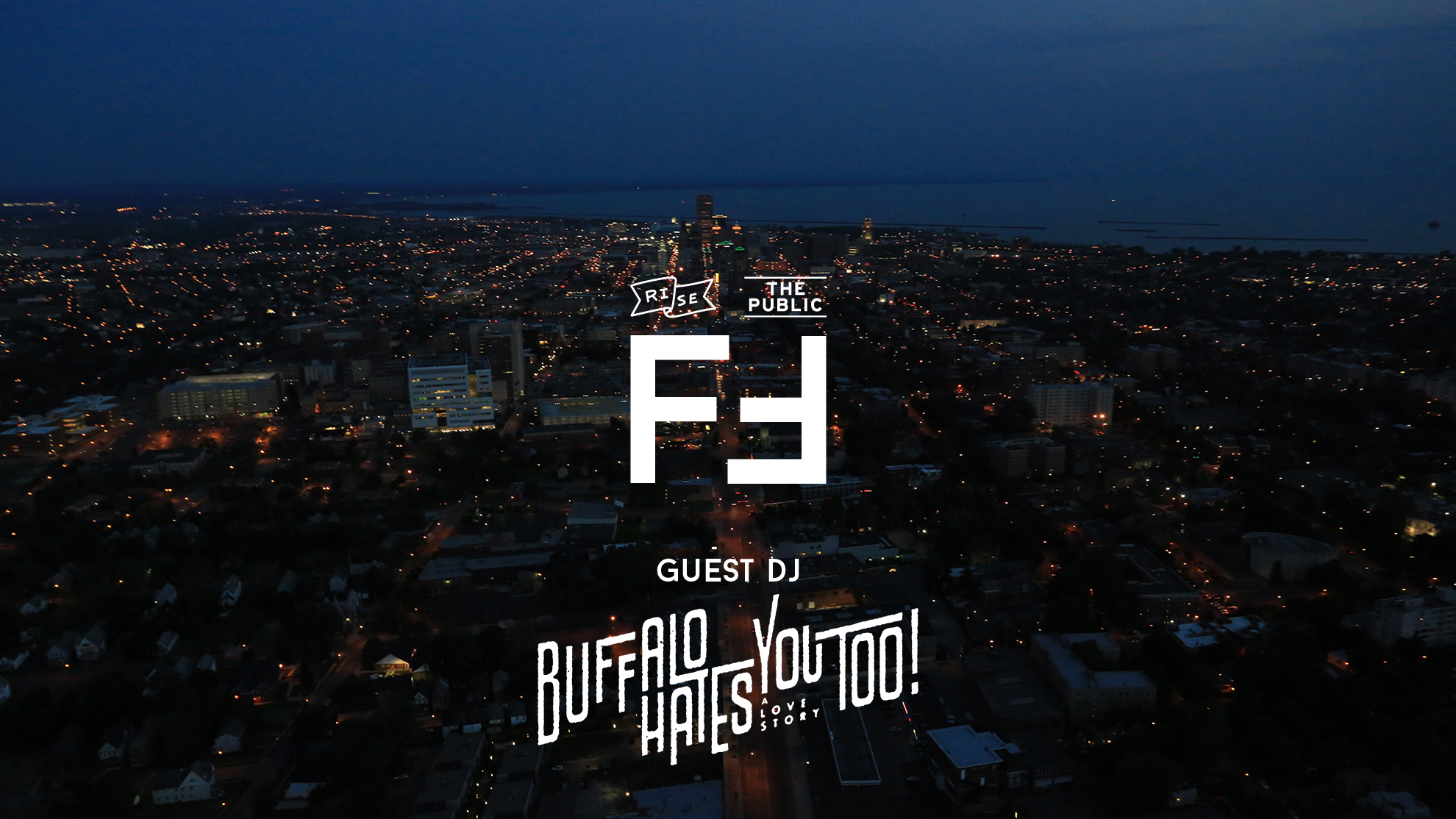Image courtesy of the Library of Congress
Rise Stands for Net Neutrality
Because every small business who utilizes the internet for story writing, promotion or sales stands to lose if net neutrality’s protections are repealed. Every individual, of any background, income or education level stands to lose if information can be scrubbed or blocked based on the whims of an ISP. This has been called the Edison/Tesla moment of our time. Because of that, we’ve asked local Tesla enthusiast and historian, Dana Saylor, to speak about just what Tesla was trying to achieve in this world, beyond his inventions, and into changing society. Unfortunately, the corporatists aligned with Edison prevented us from experiencing the world Tesla envisioned. Let’s not let this happen again with the FCC’s planned repeal of net neutrality protections.
Write your House and Senate representatives today, and submit comments to the FCC’s website. Here’s how to navigate the site they purposely set up to confuse you. We’re running out of time.
– –
From Dana Saylor:
Tesla and the Millenials
The name “Tesla” uttered aloud in America today, is often thought to refer to Elon Musk’s car company. However, its namesake is Nikola Tesla, the Croatian-born and Serbian-raised genius inventor who changed the 20th century. Tesla’s impact on the modern world is unparalleled, but he frequently gets second billing to Edison, a more familiar name in electrical inventiveness. We should listen to Tesla’s advice regarding free access to power and connectivity.
Why?
Tesla came to the United States in the 1880s expressly to find a way to install the AC-powered turbines he’d envisioned at Niagara Falls. He knew it would be the pinnacle of his career, and it drove all his decisions, including his intention to get to New York City and work for Thomas Edison. At the time, Edison was building local DC-powered generating stations around New York and at corporate headquarters, expanding his empire. However, Tesla believed that alternating current would be the power of the future – and he tried to convince Edison. The result was a well-known falling out, and the two inventors parted ways. Tesla eventually was hired to work for George Westinghouse, the railroad air brake magnate from Pittsburgh. Westinghouse won the contract to light the World’s Columbian Exposition in Chicago (1893) – and they designed their own light bulbs because Edison, still angry with Tesla over their disagreement, withheld his.
Next, Tesla and Westinghouse won the contract to design a power plant at Niagara Falls- Tesla’s dream was coming true. The Niagara Power Corporation gave them a very short deadline, and by November 1896, Tesla’s turbines were in place at the Edward Dean Adams Power Station on Buffalo Avenue in the Falls (the turbine building still exists!) and whirred to life. They sent hydroelectric AC power long-distance for the first time in the world- miles away to Buffalo’s streetcar system.
Tesla achieved many things in his life, including the invention of radio, wireless, remote control, x-ray and more. But he was nearly lost to history because he was not a self-promoter as Edison was. He invested in his laboratory and showed his inventions off with an eye toward technological achievement, rather than fame or money. He unfortunately signed away his rights to the intellectual property he created on Westinghouse’s watch, or he might have been the richest person in history (his contract originally stated that he would make a significant amount PER kilowatt/hour generated by his turbine design). He was single-minded, likely on the autism spectrum, and devoted to the idea of free, wireless power. On Long Island, his final laboratory was located next to a tower he had constructed, where he intended to experiment with sending wireless power long distances.
His funders became disenchanted with him, seeing that he stood against their corporate interests and at the end of his life, he relied on the generosity of friends and old colleagues to survive. He died, penniless and alone, in the New Yorker Hotel in 1943. Months after his death, the courts determined that he, indeed, should get the credit for inventing radio (not Marconi).
Tesla’s greatest legacy is a reminder that power does not have to be controlled by corporate interests, and that we can use technology to make a better, more interconnected planet. Isn’t that the dream of the internet? I submit to you that if he were alive today, Tesla would be in the streets protesting the end of Net Neutrality alongside you and me. Ok, more truthfully, he’d probably be in his lab, designing some hack to prevent corporations from throttling our internet service – but you get my point.
“What we now want is closer contact and better understanding between individuals and communities all over the earth, and the elimination of egoism and pride which is always prone to plunge the world into primeval barbarism and strife… Peace can only come as a natural consequence of universal enlightenment…” – Nikola Tesla




